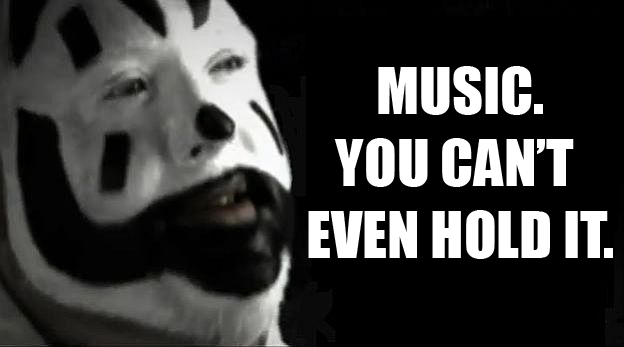I didn't at first get what you were replying to.
To me, whenever I hear that all art comes from suffering all I think is... Emo.
I think the fundamental disconnect here is two fold - you were talking about what constitutes art, I was talking about what makes for
good art. Also, I didn't say all art has to BE angst, just that even "happy" art suffers if the artist has never felt anything worse than the proverbial "first world problem," as it makes even an expression of joy shallower, because he has no frame of reference.
All art does not come from suffering, but without experiencing suffering or struggle, an artist usually will lack the depth of character prerequisite to be a true artisan of joy.
The video you posted also shows that it runs the other way as well... even sad "art" is shallow when it's a bunch of suburbanites who've never had to actually suffer making it. And to attempt to fake it by pantomiming suffering leaves the listener feeling somewhat patronized, if not outright insulted.
Also, seat belts and air bags, kids.


